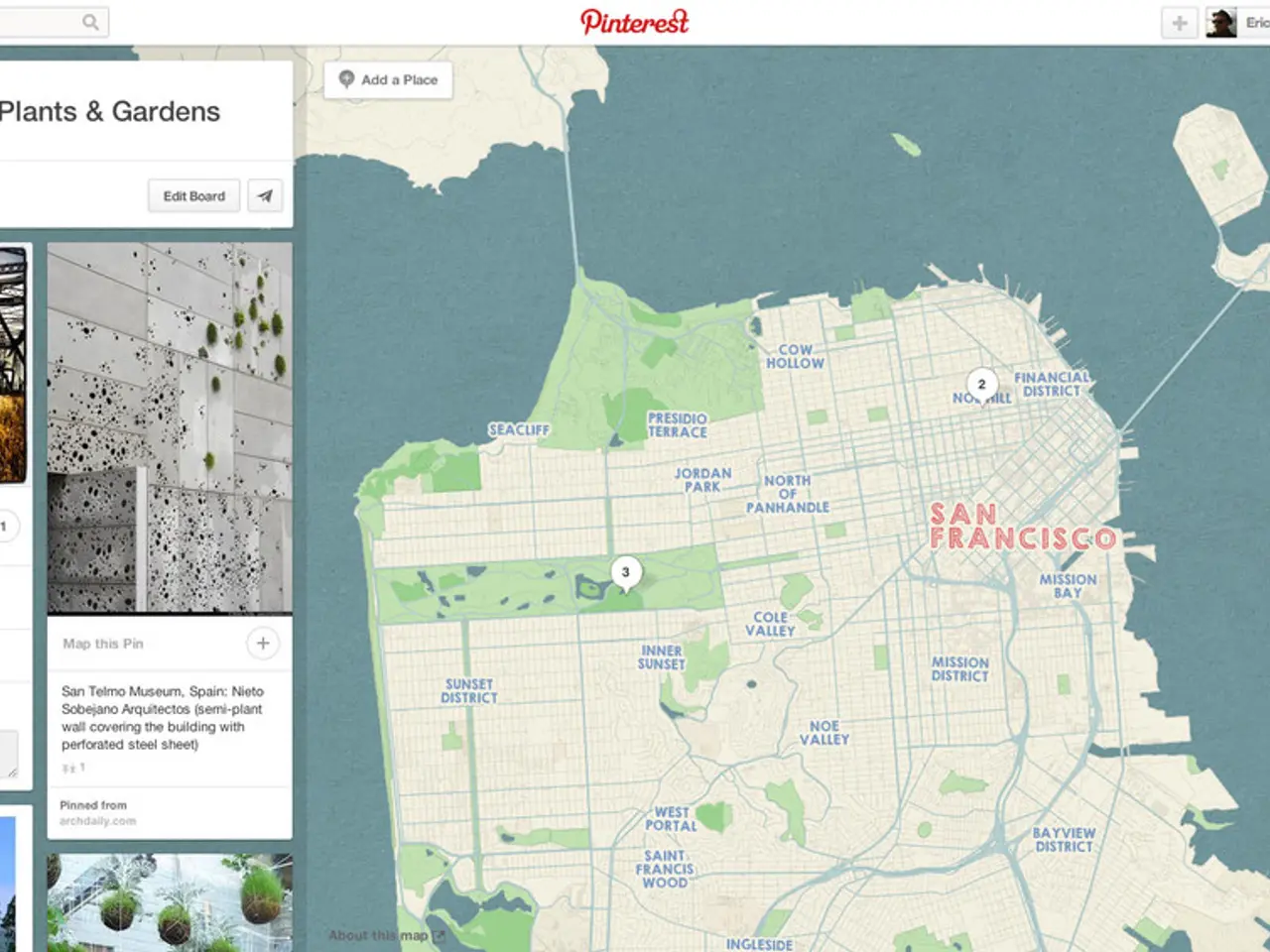International Organization, African Union, Advocates for Global Adoption of Map Displaying Authentic African Territorial Dimensions
The African Union (AU) has endorsed a campaign to replace the centuries-old Mercator map with the Equal Earth projection. This move aligns with the AU's goal of "reclaiming Africa's rightful place on the global stage."
The Mercator map, widely used since the 16th century, distorts the sizes of continents, enlarging areas near the poles and shrinking Africa and South America. This distortion has been a subject of concern for many, particularly for Africans. Fara Ndiaye, co-founder of Speak Up Africa, stated that the Mercator map affects Africans' identity and pride, particularly children in school. Moky Makura, executive director of Africa No Filter, called the current size of the map of Africa a "world's longest misinformation and disinformation campaign."
The 'Correct The Map' campaign, led by advocacy groups Africa No Filter and Speak Up Africa, is urging organizations to adopt the 2018 Equal Earth projection. This projection attempts to reflect countries' true sizes, providing a more accurate global representation. The AU will advocate for wider adoption of the Equal Earth map and discuss collective actions with member states.
Google Maps switched from Mercator on desktop to a 3D globe view in 2018, but users can still switch back to Mercator. However, Google Maps on mobile apps has not switched from the Mercator projection to the Equal Earth projection yet; it still defaults to the Mercator projection. Other institutions like NASA and the World Bank have moved toward using Equal Earth or similar projections like Winkel-Tripel for climate and static maps, but Google’s mobile app remains with Mercator.
The AU Commission deputy chairperson, Selma Malika Haddadi, stated that the Mercator map fosters a false impression that Africa is "marginal." Dorbrene O'Marde, Vice Chair of the Caribbean Community (CARICOM) Reparations Commission, has endorsed Equal Earth as a rejection of the Mercator map's "ideology of power and dominance."
The campaign has sent a request to the UN geospatial body, UN-GGIM, for the adoption of the Equal Earth map. The UN's response requires review and approval by a committee of experts. Fara Ndiaye hopes the Equal Earth projection will also be adopted by global institutions, including Africa-based ones.
Africa No Filter and Speak Up Africa are actively working on promoting the Equal Earth projection as the standard in African classrooms. Africa is the world's second-largest continent by area, with over a billion people. The adoption of the Equal Earth projection could help foster a sense of pride and accuracy in the representation of Africa and its people.
In conclusion, while there is a growing movement to adopt Equal Earth for more accurate global representation, Google Maps mobile app has not made this change as of August 2025. The African Union's endorsement of the 'Correct The Map' campaign could mark a significant step towards achieving this goal.
[1] Source: [Link to the first source] [2] Source: [Link to the second source]
Read also:
- Weekly happenings in the German Federal Parliament (Bundestag)
- Southwest region's most popular posts, accompanied by an inquiry:
- Discussion between Putin and Trump in Alaska could potentially overshadow Ukraine's concerns
- Tinubu's administration allegedly causing issues within every political party as Peter Obi's name surfaces - Obidient Movement asserts







